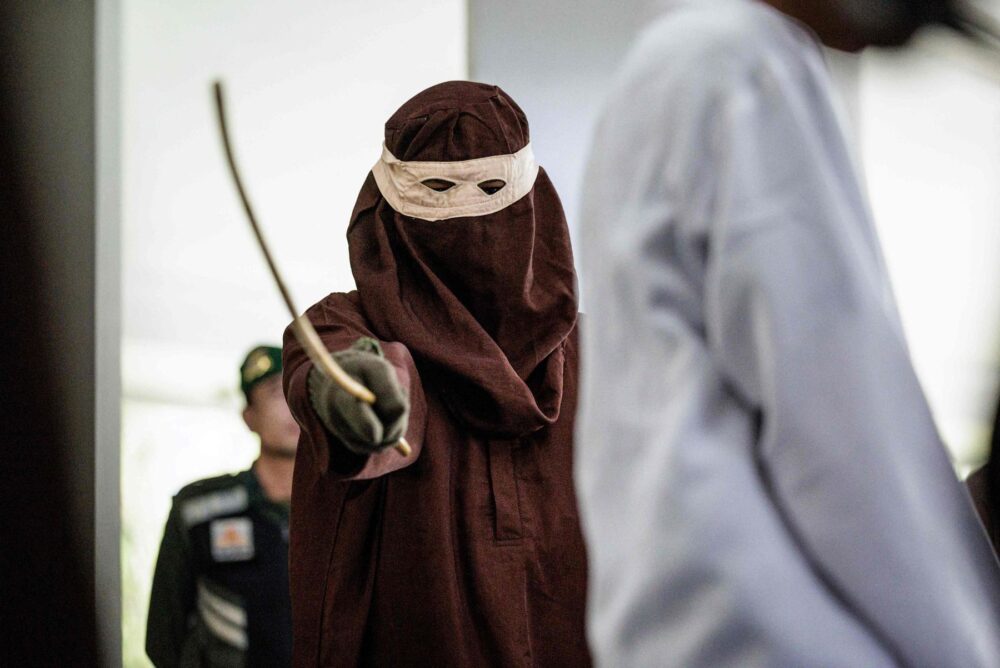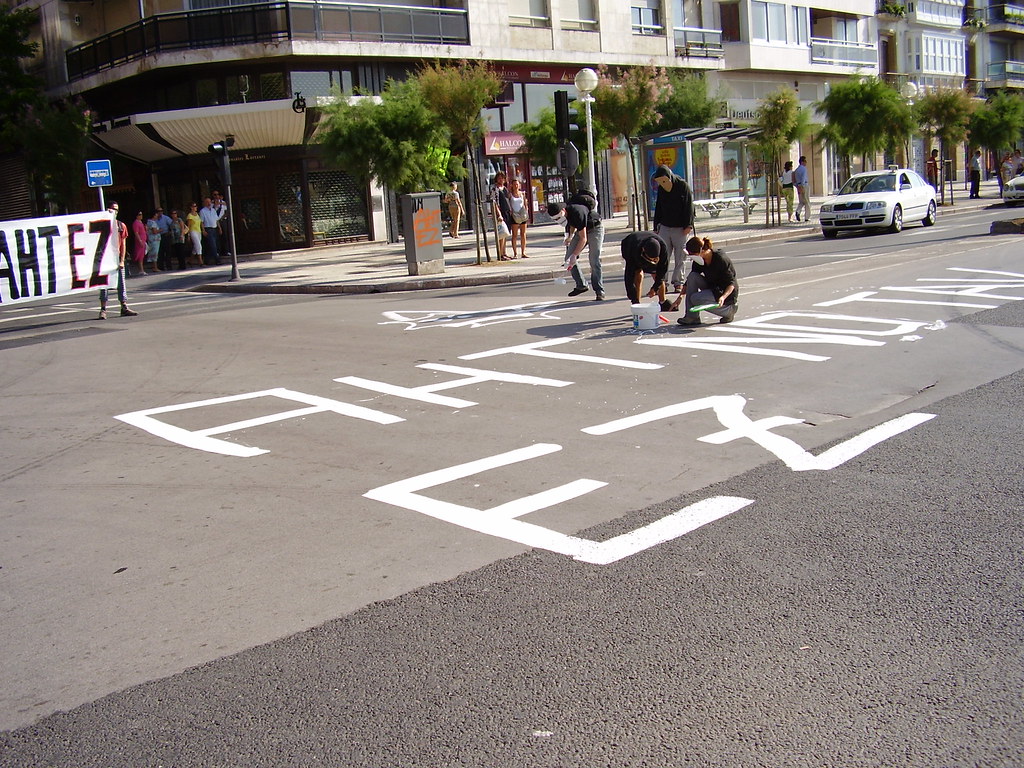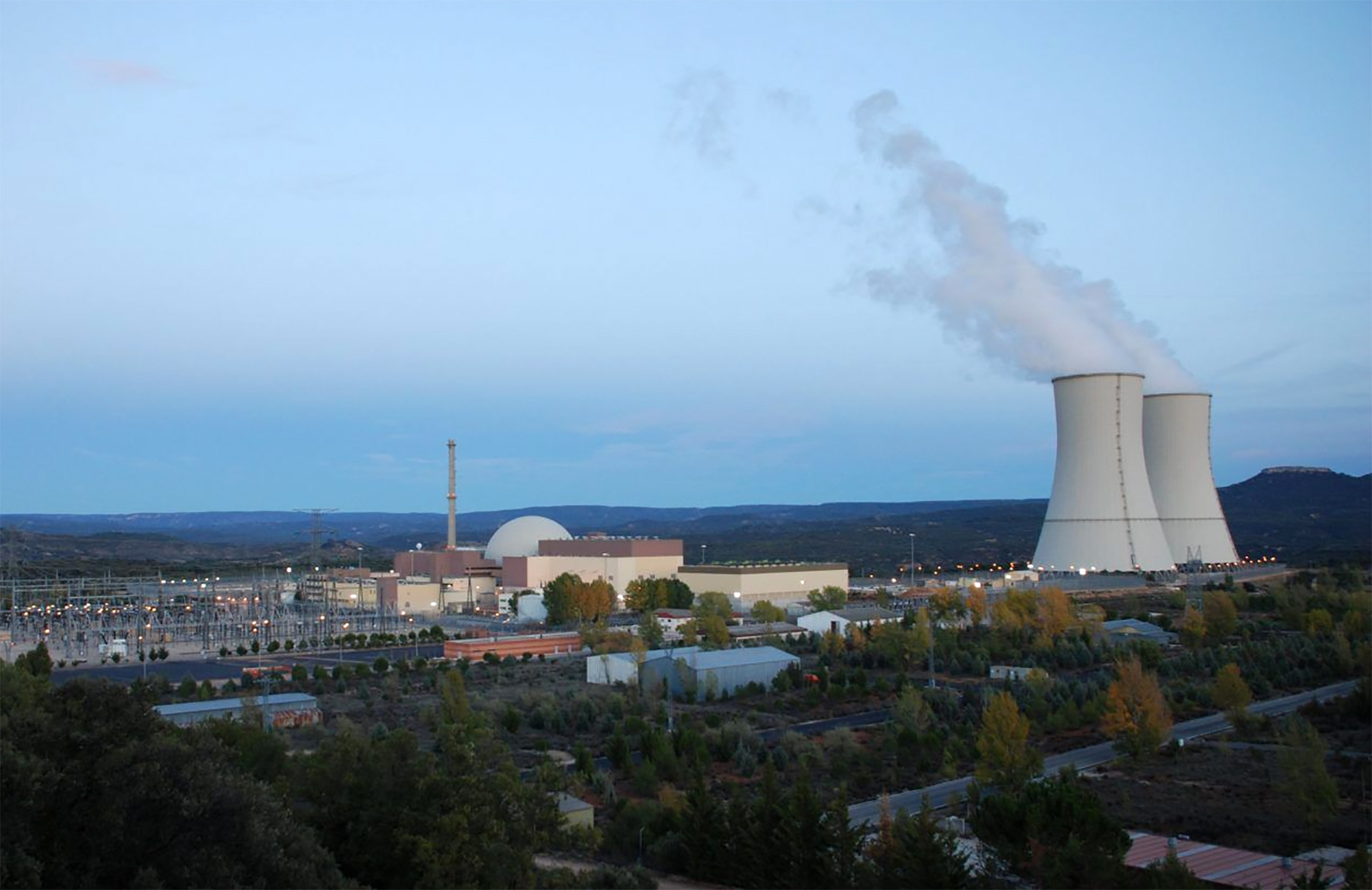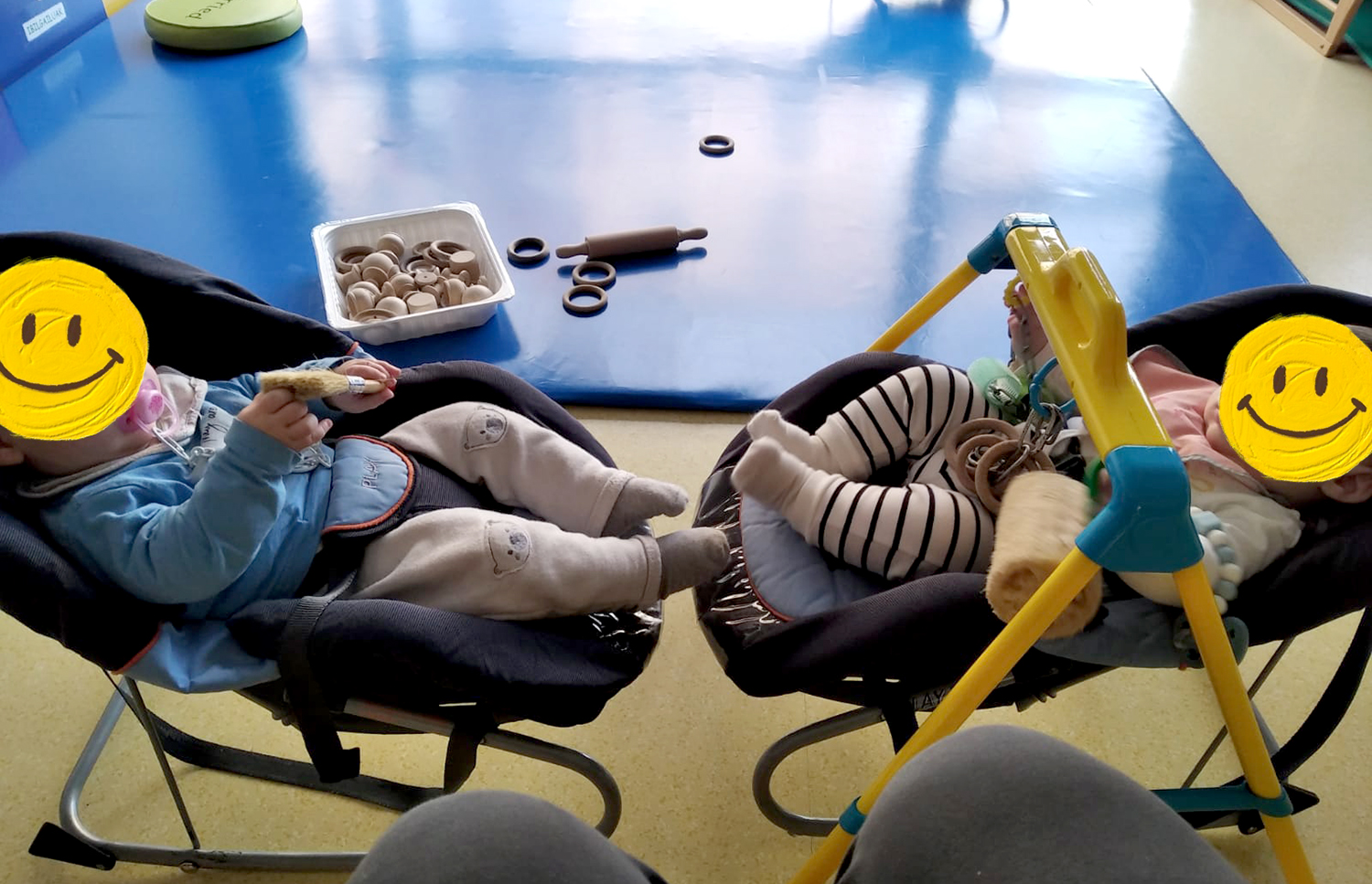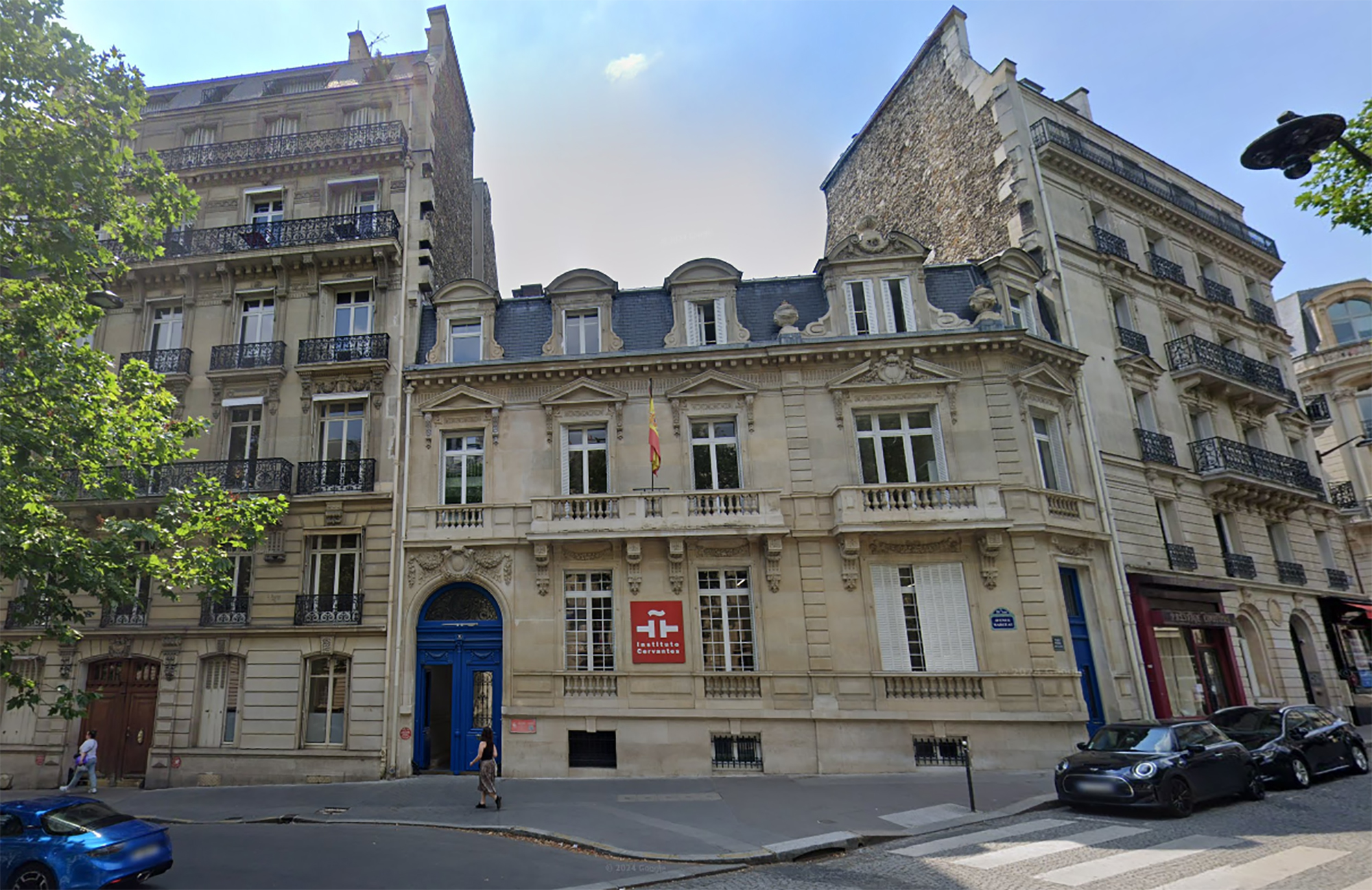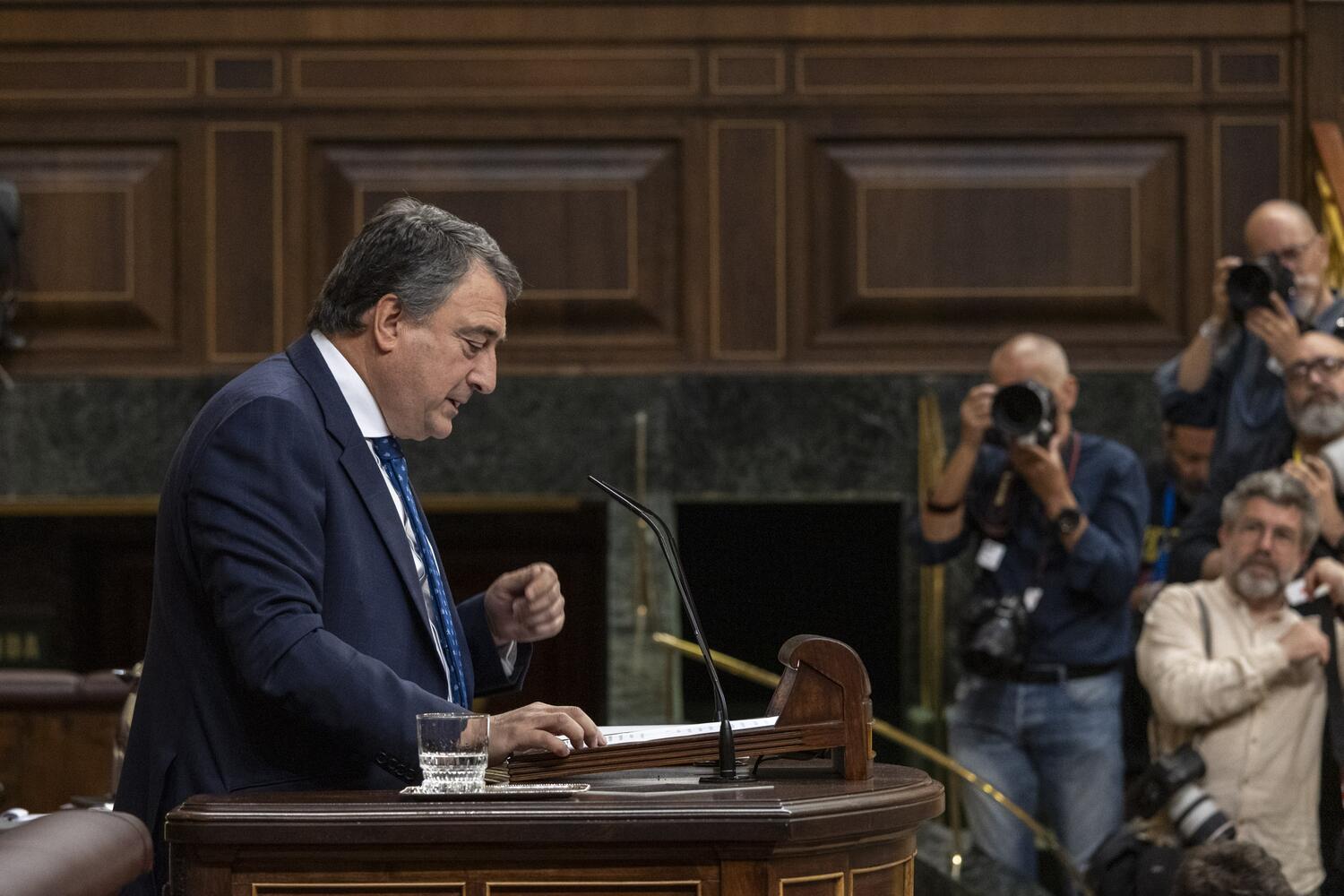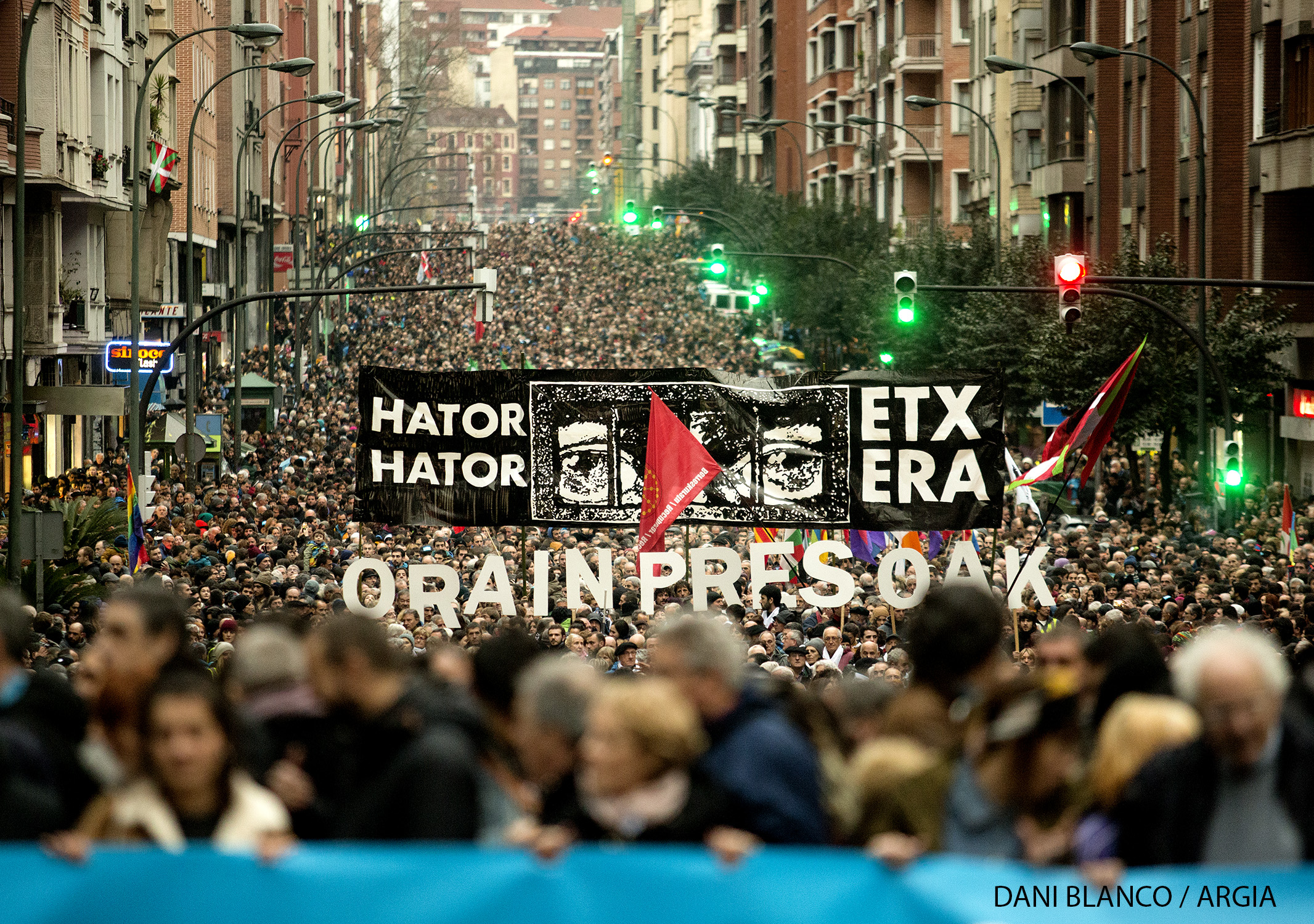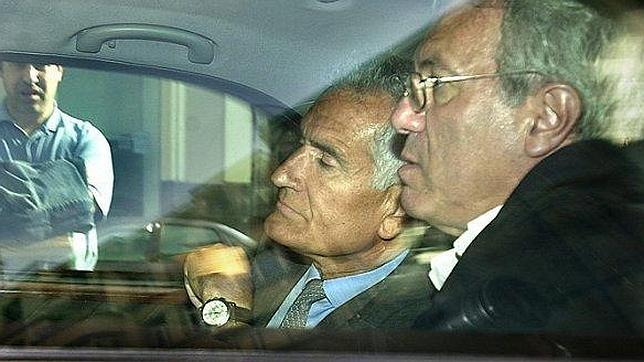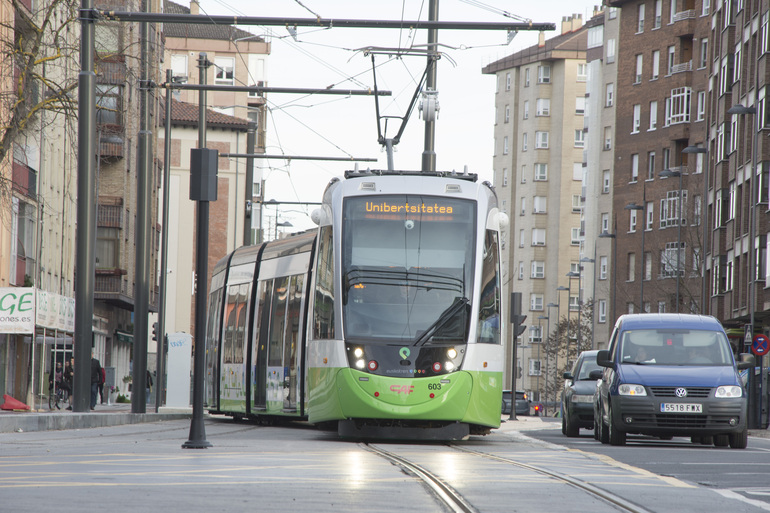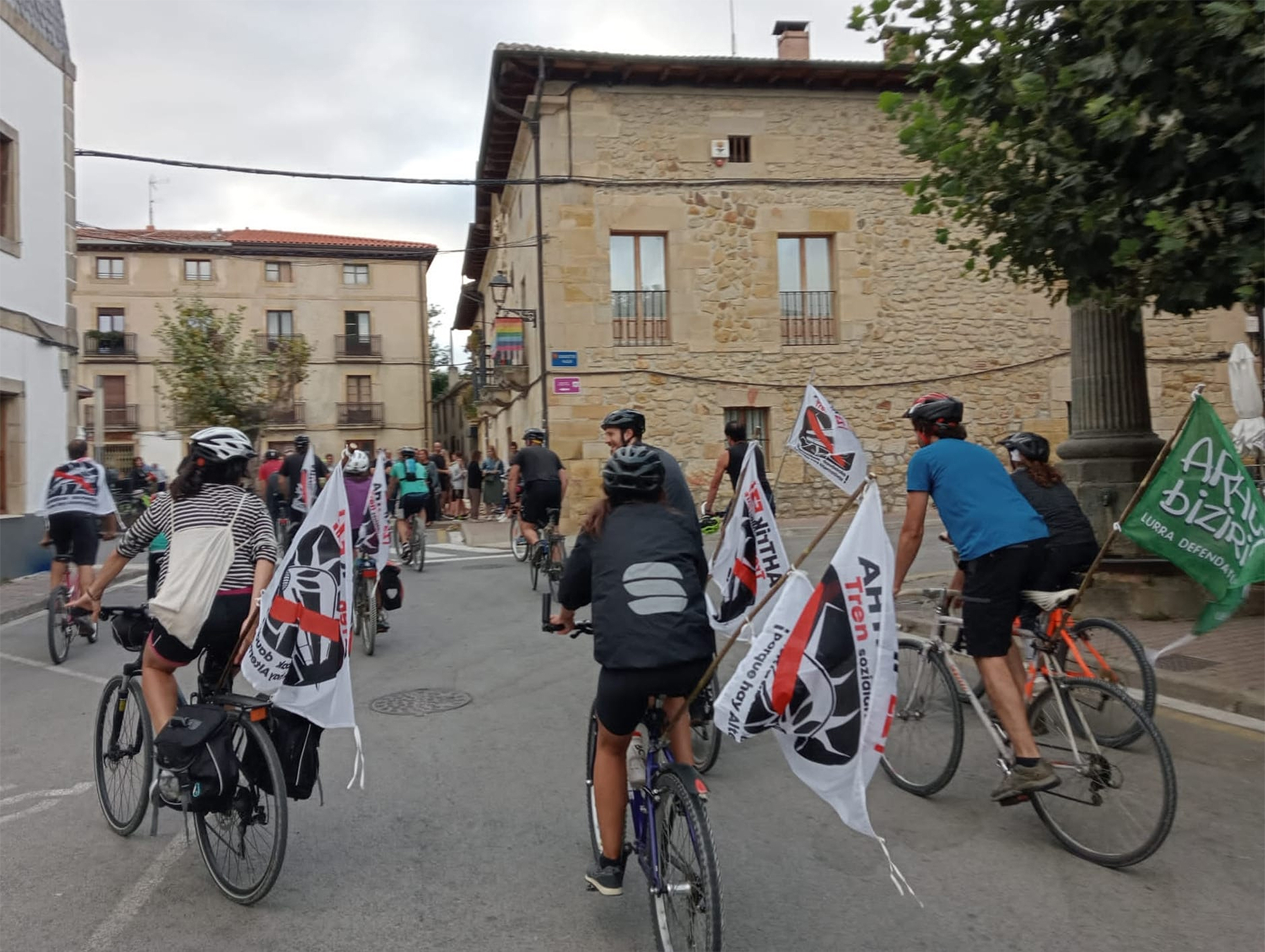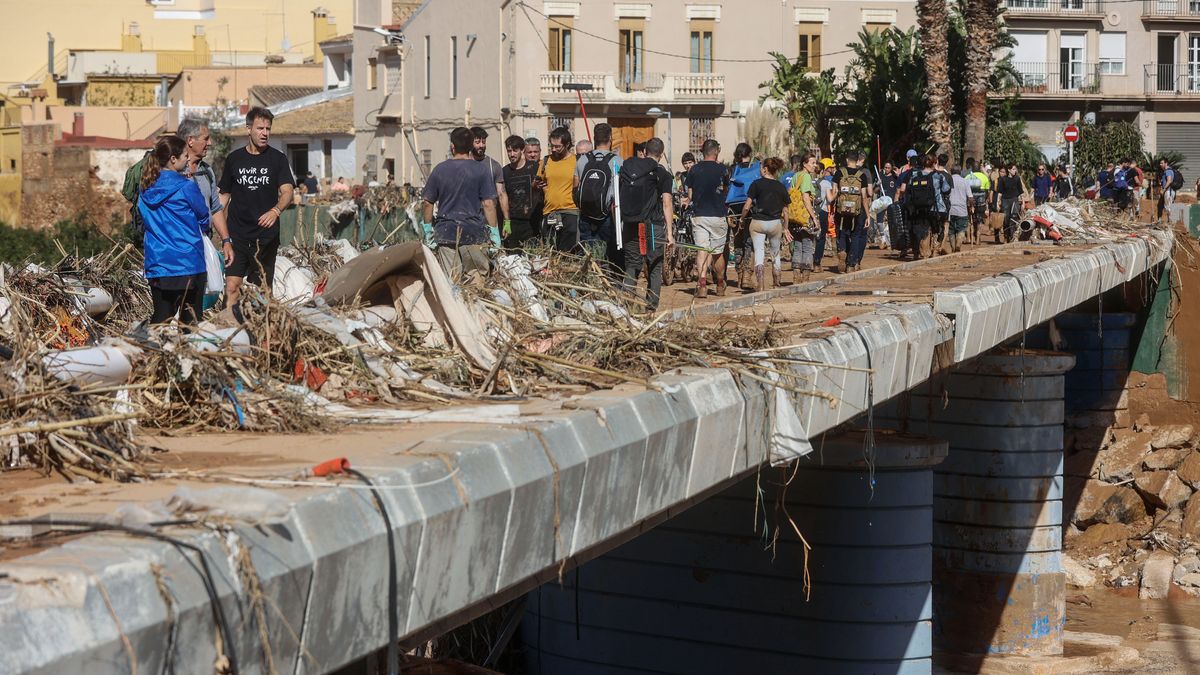“What it touches is to transform necessity into virtue”
- The amnesty law and the policies of "coexistence" have been defended by Pedro Sánchez in the appointment session of President of the Spanish Government in the Spanish Congress. He explains that amnesty will be given "in the name of Spain's interests", to continue the policies of "coexistence and progress" of the previous legislature and to cure the "break open in 2017" in Catalonia.
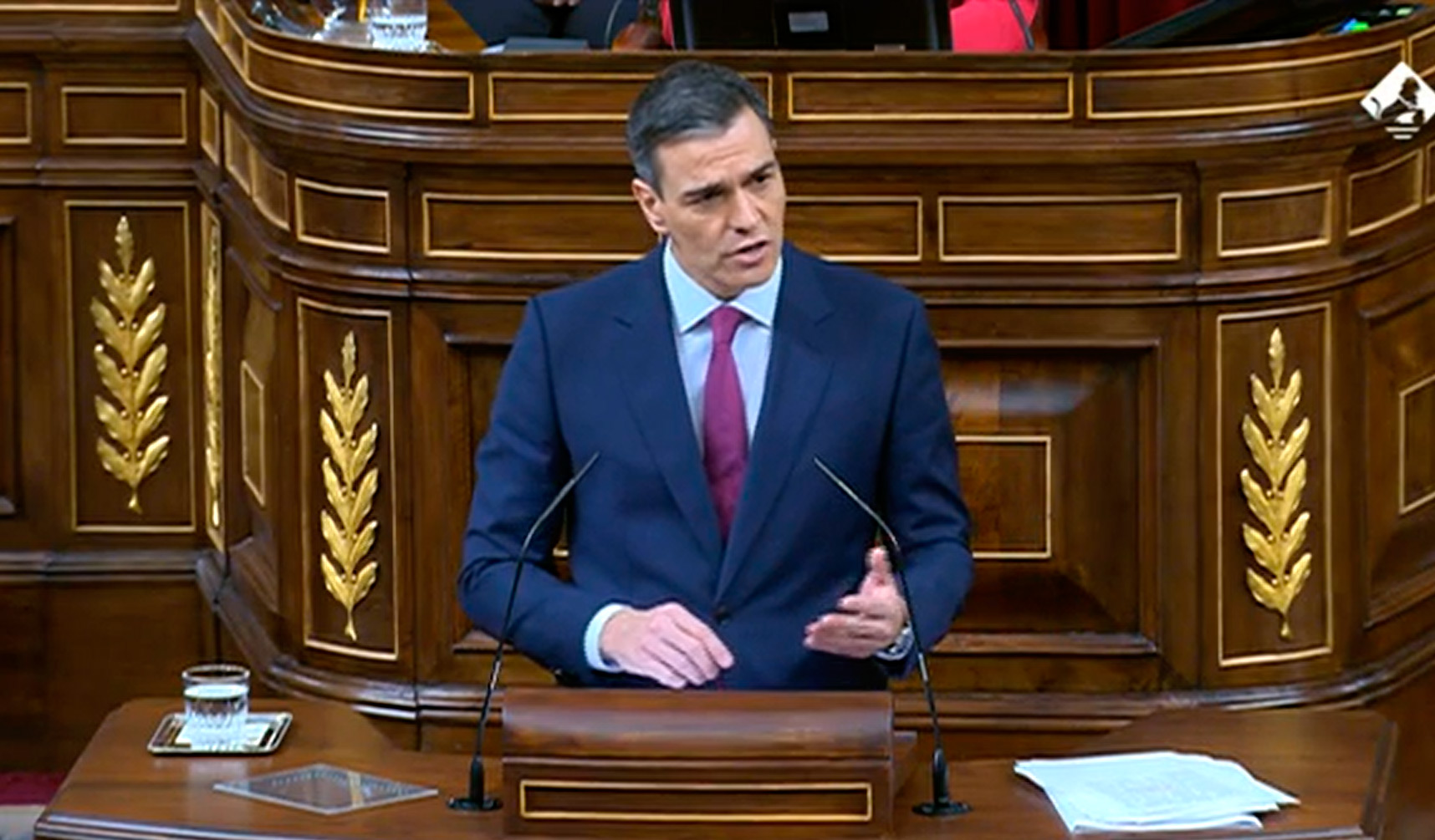
The PSOE candidate has been speaking for an hour and almost three-quarters, but until the last half hour has not dealt with the issue of land and amnesty. He has acknowledged that in some State territories "many citizens" want independence, which he has described as "legitimate", but has stated that the PSOE believes that "in a better united Spain".
PP-PSOE Difference
To address the issue of territoriality, Sánchez contradicts the forms that PP and PSOE would have to ensure that the right prioritize "rupture" and "unity". Recalling the Catalan independence process, points out that with the PP Spain experienced the "greatest territorial crisis in history", which in some territories produced a "constitutional rupture", while with the government coalition PSOE-Podemos the constitution has been "fulfilled in all territories". He says that the Catalan streets have become "coexistence" and "dialogue" with the institutions, although this is "very difficult". "What do citizens prefer, Catalonia 2017 or 2023?" asks to extol the current "social peace".
Interests of Spain
"Amnesty is given on behalf of Spain and its interests, and friendship among Spaniards," explains Sánchez. He has assured that amnesty is a measure "demanded" by the majority of Catalan citizens, recognizing that in Spain there are "many citizens" against it. He expressed "respect" for these citizens, pointing out: "Conditions are what they are and what it takes is to transform necessity into virtue."
Sánchez follows two main reasons for amnesty. One is the need to continue working on the "line of coexistence and progress" of the government coalition PSOE-Podemos of the last legislature. He denounces that the responsibility of the right "and the economic powers that protect it" is not amnesty, but the social model: "That's why they don't want to let go." The second reason would be that amnesty "can help complete the open fracture in 2017." It would be a way of telling the independentists that "Spain is also a good country for them".
Legal and transparent
"The proposed amnesty is absolutely legal, it agrees with the Constitution," says the presidential candidate. "It will be supported by the majority. It will not be an attack on the 78" Constitution. He recalls that in Europe the amnesties have been brought forward by France, Germany or Portugal, and reminds the PP that in one day he gave "1,400 pardons" or that he amnestied the "members of Terra Lliure convicted of terrorism" when they needed the nationalist votes to govern. Ask the PP "a little concern" and stop following the "trumpism of Vox".
EH Bildu and PNV
Following Sánchez's intervention, the programme has been interrupted. In the recess the parties appreciated what the PSOE candidate said. EH spokeswoman Bildu, Mertxe Aizpuru, pointed out that "there is a historic opportunity to defend the rights and freedoms of Basque citizenship" and has ratified the affirmative vote of her party, explaining that they will act "responsibly". EH Bildu will support the "social advances" announced by Sánchez, but at the same time claims that this must be a "legislature of plurinationality".
From the PNV, Aitor Esteban explains that some of the proposals announced by Sánchez can affect the autonomic competencies: "It would be a mistake to deal with issues that collide with the membership agenda you need." It also criticises the fact that in the same direction "self-government of the future" is not mentioned. In any case, he points out that Sánchez is the only one who has the possibility of forming a government.
Vote tomorrow
In the afternoon, the other parties will begin to speak, starting with PP Alberto Nuñez Feijo. The act of appointment of the new president will be extended for two days and on Thursday, unless major contingencies arise, the vote that will appoint Sánchez as president.
Gezurra badirudi ere, irudia ez dago Tolosako inauterietan eginda. Munduko herrialderik jendetsuenen artean, laugarrenean da, pasa den astean. Kameraz inguratuta, bi gizoni 80 eta 85 zigorrada eman dizkiote bizkarrean. Haien bekatua: gorputzaz elkarrekin gozatzea. Aceh... [+]
Jar gaitezen 2025erako proposamen politiko gisa, Espainiako Auzitegi Kolonialaren (AN) epai guztiak berrikusten hasteko eta makila bakoitzak bere belari eusteko.
Unionismoarekin lerrokatutako alderdi, sindikatu eta gizarte-erakunde gehienek, eta ez bakarrik horrela... [+]








